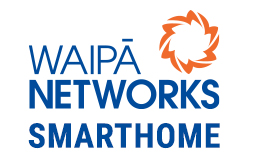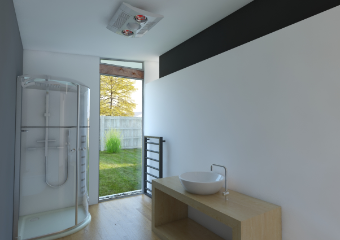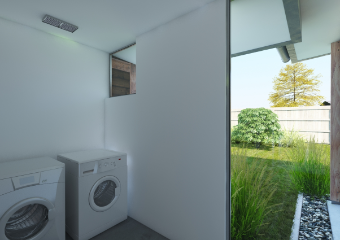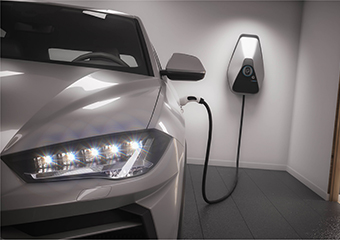

Efficient Lighting
Efficiency
Light Emitting Diodes (LEDs) are the most efficient form of lighting. They have extremely long lives and are available in a wide range of colours and styles for different environments in and outside your home.
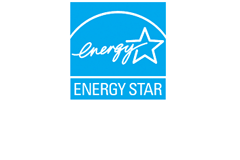
Washing Machine
Innovation
Front loader washing machines, while less common in New Zealand, are much more efficient to run that traditional top loaders. Front loaders generally use less water and typically run on a cold water connection, keeping water heating costs low.
Running a warm or hot wash can use more than four times the amount of energy that it takes to the same wash in cold water. Whichever type of machine you choose, look out for the energy rated labels that indicate how much electricity the model uses. Typically qualified energy star washing machines can be around 50% more efficient than non-qualified models, using less energy and water for wash cycles.
The next generation of washers will be able to talk to your smart or home management system and wash clothes at the cheapest time.
Close >Clothes Dryers
Efficiency
If you can dry your washing in the sun and fresh air, do so – it will reduce your power bill significantly. If you do need a dryer, choose one with the lowest energy rating consumption on the label. Choosing a dryer that is the right size for your needs will limit excessive electricity being used.
Dryers with timers and auto-sensing features prevent over-drying the clothes. Having the dryer vented externally to the outside will ensure that your house doesn’t get damp from the moisture in the clothes.
Close >Efficient Lighting
Efficiency
Light Emitting Diodes (LEDs) are the most efficient form of lighting. They have extremely long lives and are available in a wide range of colours and styles for different environments in and outside your home.

Washing Machine
Innovation
Front loader washing machines, while less common in New Zealand, are much more efficient to run that traditional top loaders. Front loaders generally use less water and typically run on a cold water connection, keeping water heating costs low.
Running a warm or hot wash can use more than four times the amount of energy that it takes to the same wash in cold water. Whichever type of machine you choose, look out for the energy rated labels that indicate how much electricity the model uses. Typically qualified energy star washing machines can be around 50% more efficient than non-qualified models, using less energy and water for wash cycles.
The next generation of washers will be able to talk to your smart or home management system and wash clothes at the cheapest time.
Clothes Dryers
Efficiency
If you can dry your washing in the sun and fresh air, do so – it will reduce your power bill significantly. If you do need a dryer, choose one with the lowest energy rating consumption on the label. Choosing a dryer that is the right size for your needs will limit excessive electricity being used.
Dryers with timers and auto-sensing features prevent over-drying the clothes. Having the dryer vented externally to the outside will ensure that your house doesn’t get damp from the moisture in the clothes.
